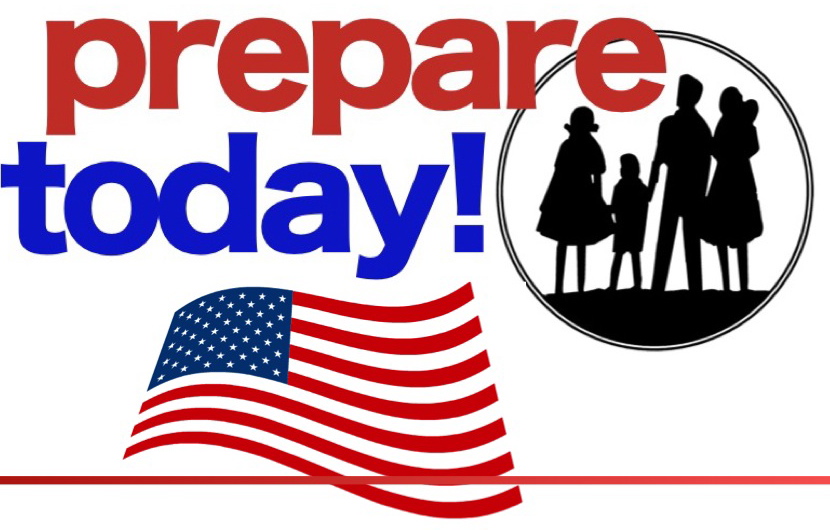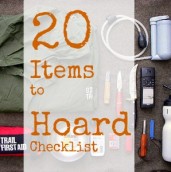Welcome to 'Grid-down, America!'
Prepare yourself for a nationwide cyber attack
Former Homeland Security secretary says it’s a matter of ‘when’ not ‘if’
Sept 21, 2013
From the raging fires that swept through Colorado this summer to Hurricane Sandy pounding the East Coast last year, America is no stranger to natural disasters. But for former Homeland Security
Secretary Janet Napolitano, there’s a manmade disaster waiting to happen. For Napolitano, a nationwide cyber attack isn’t a matter of ‘if’ but a matter of ‘when.’
"Our country will, at some point, face a major cyber event that will have a serious effect on our lives, our economy and the everyday functioning of our society,” Napolitano told the National Press
Club in August...
CLICK HERE for more.
Yesterday, September 30th, 2013, I was suddenly unable to send text messages, make or receive calls. I persisted and, after nearly a dozen attempts, was able to get the texts through. My wife and I eMailed each other rather than our usual phone call at lunchtime and she said they were having similar problems at work. A friend eMailed to tell me 911 was down and local businesses were unable to process credit cards electronically. Finally, my dad called but the call was soon dropped and we were unable to reconnect.
Today, I did some Googling and found there were similar problems reported from Minneapolis to New York, Atlanta to Cincinnati. Anybody else have difficulties yesterday? Locally, the rumor was that a fibre optic cable was cut at the local university. I'm not so sure.
Welcome to 'Grid-down America.' What happens when the "grid" goes down? In a nutshell, from the electricity that powers our homes, the treated water that flows from our faucets, the natural gas that powers our stoves, ovens and furnaces... NONE of those things would work. It's happened before all over the world but not for long enough to kill millions, though it CAN be deadly. For those on life-support systems in hospitals and nursing homes, or those needing emergency help from 911, well... help won't be coming. Although we can go up to 40 days without food, most people won't survive three without clean water. Death can be painful when we drink impure water. If the grid goes down during a Chicago cold snap or another East Coast "Snowmageddon," they could find themselves gathering bodies from apartments in the Spring.
Yesterday, a fireball exploded over Yucatan, Mexico creating a power outage. Such outages can come from an EMP (electromagnetic pulse), manmade or natural, sending us all back to a lifestyle of the 1800's.
Should you be prepared? You bet your life! When I was deployed to Moore, Oklahoma after tornado hit, I recall several people lamenting as they said to me, through tears, "I didn't even have any candles!" Incidentally, I received an email AND a text yesterday from the Austin Disaster Relief Network which I serve as a Chaplain stating: "Over the next three months, ADRN leadership has decided to place ADRN Volunteers under a special alert notification to be ready for deployment at any time..."
Between now and November, there are quite a few disaster drills scheduled around the nation. Historical precedent tells us to be ready because, in the past, during and after similar drills, disaster has struck. Sandy Hook, Boston's massacre, and natural disasters all took place during scheduled drills. The GridEx II drill, an electrical grid joint drill simulation is planned for the United States, Mexico and Canada, November 13-14, will focus primarily on how governments will react if the electrical grid fails and the food supply chain collapses. Thousands of utility workers, FBI agents, anti-terrorism experts, governmental agencies, and more than 150 private businesses will participate.
American utility companies running about 5,800 power plants and 450,000 high-voltage transmission lines, controlled by various devices which have been been around quite a while. Experts call the power grid the nation’s “glass jaw.” Even the military gets 99% of its power the same way we get ours – from commercially run companies.
So are YOU ready?
Every blessing,
Michael Tummillo


